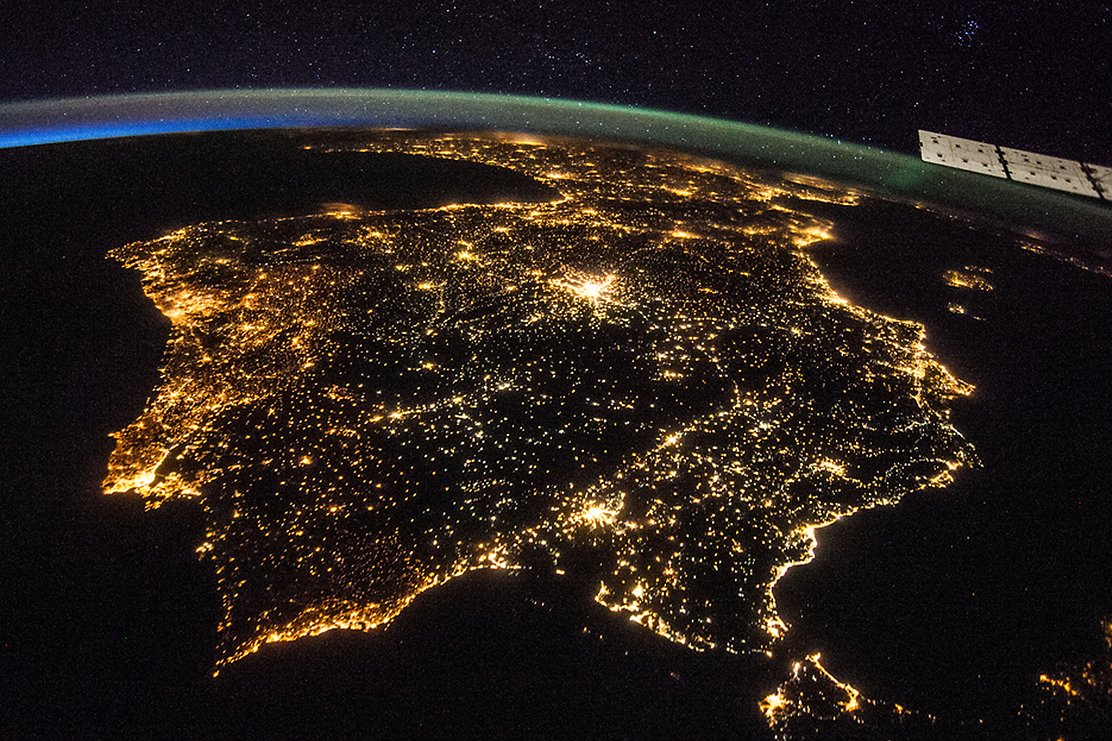In a recent contribution to the journal Science, two American astronomers unveiled a novel concept to encapsulate the diminishing capacity to appreciate the night skies caused by light pollution.
They coined the term “noctalgia,” alternatively referred to as “sky grief.”
The authors of this letter, Aparna Venkatesan and John C. Barentine, contend that “noctalgia” embodies not only the erosion of our pristine environment but also the erosion of our heritage, identity, narrative traditions, and age-old celestial customs.
Edmonton, grappling with substantial light pollution, comprehends this profound sense of loss, particularly within its stargazing community.
When viewed from space during the night, Alberta’s capital, much like countless other urban areas, gleams as a luminous smudge on the backdrop of darkness.
Frank Florian, the senior manager overseeing the planetarium and space sciences at Edmonton’s Telus World of Science, empathizes with individuals who have spent their formative years beneath the splendid, unspoiled country skies or toiled on a farm, far removed from the glow of city lights. He understands their sense of longing.
“You’re relinquishing the capacity to gaze upward and savor the wonders of the night sky,” remarked Florian.
Within the city, the celestial view is rather lacking, according to Florian. Only the most brilliant stars manage to break through the luminous veil.
To truly experience the resplendent beauty of the starry night skies, one must venture beyond the city limits. Approximately half an hour’s drive into the countryside marks the transition from Edmonton’s light-engulfed expanse, revealing a sky akin to what you might encounter within the confines of a planetarium.
“When I go out, I always yearn to go back out, away from bright city lights, to do stargazing, because you just see so much more,” Florian said.



